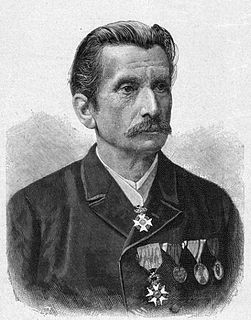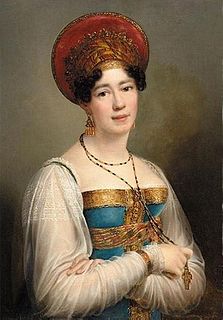A Quote by Samuel Smiles
The greatest slave is not he who is ruled by a despot, great though that evil be, but he who is in the thrall of his own moral ignorance, selfishness, and vice.
Related Quotes
I heard of somebody once who said he was interested in doing the greatest amount of good for the greatest number, and that the greatest number was number one. That was himself. That may sound like a little bit of selfishness, but if that is selfishness, at least it is a very intelligent selfishness. Everyone has a right to be interested in himself, and I am confident that God wants us to be interested in ourselves first; that is, the first soul that anyone should bring to God should be his own soul.
The phenomenon of economic ignorance is so widespread, and its consequences so frightening, that the objective of reducing that ignorance becomes a goal invested with independent moral worth. But the economic education needed to reduce such ignorance must be based on austere, objective, scientific content—with no ideological or moral content of its own.
Do you know why Satan is so angry all the time? Because whenever he works a particularly clever bit of mischief God uses it to serve his own Rigteous purposes." "So God uses wicked people as his tools?" "God gives us the freedom to to do great evil, if we choose, then He uses his own freedom to create goodness out of that evil, for that is what He chooses." "So, in the long run, God always wins?" "Yes, in the short run though it can be uncomfortable.
Natural good is' so intimately connected with moral good, and natural evil with moral evil, that I am as certain as if I heard a voice from heaven proclaim it, that God is on the side of virtue. He has learnt much, and has not lived in vain, who has practically discovered that most strict and necessary connection, that does and will ever exist between vice and misery, and virtue and happiness.
Let's just call things what they are. When a man's love of finery clouds his moral judgment, that is vanity. When he lets a demanding palate make his moral choices, that is gluttony. When he ascribes the divine will to his own whims, that is pride. And when he gets angry at being reminded of animal suffering that his own daily choices might help avoid, that is moral cowardice.


































